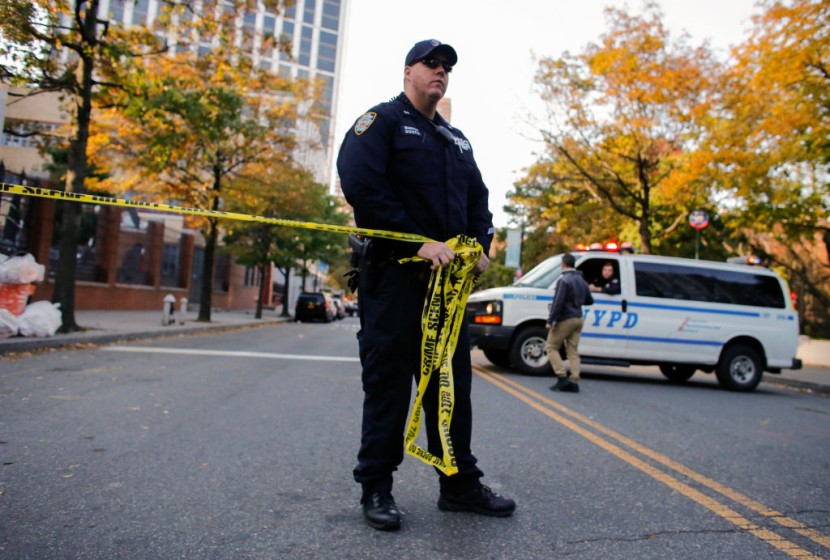
Maine's yellow flag law, designed to restrict access to guns during mental health crises, has seen increased utilization.
The updated figures, released during a recent law enforcement training session, reveal that the yellow flag law has been invoked at least 13 times since the deadly incident on October 25th, making it a total of 94 times since its implementation in July 2020, as per The Independent.
Maine's Yellow Flag Law Addresses Mental Health, Firearms
The yellow flag law allows law enforcement to respond to warnings about individuals who may pose a threat due to their mental health condition. An officer visits the individual in question and assesses whether temporary protective custody is warranted.
If deemed necessary and approved by a judge, this process can result in a 14-day weapons restriction. Furthermore, a full court hearing could extend these restrictions for up to a year.
What makes this situation even more perplexing is that some individuals whose guns were temporarily removed under the yellow flag law referenced the name of the Lewiston gunman, Robert Card, responsible for the mass shooting.
Four individuals either mentioned Card's name or expressed intentions to become the "next mass shooter." These alarming statements underscore the importance of proactive measures to address potential threats and protect public safety.
The October 25th mass shootings in Lewiston were the deadliest in Maine's history, claiming the lives of 18 individuals and injuring 13 others. The gunman, Robert Card, was an Army reservist who opened fire at a bowling alley and a bar.
The incident triggered a massive law enforcement response, with tens of thousands of residents ordered to shelter at home. At the same time, hundreds of officers conducted a search that ultimately ended with the discovery of Card's body in nearby Lisbon. An autopsy later confirmed that he had died by suicide, according to Fox News.
The Lead-up to the Lewiston Mass Shootings
Before the mass shootings, there were warning signs concerning Card's mental health and access to firearms. Family members and fellow reservists had expressed concerns about his well-being, with one reservist even messaging, "I believe he's going to snap and do a mass shooting."
Despite these red flags, when deputies visited Card's home in Bowdoin about a month before the tragedy, he did not respond to their attempts to contact him. At the time, law enforcement did not possess the legal authority to enter his residence forcibly.
The chain of events leading up to the mass shootings remains unclear. However, it is known that the sheriff's office had issued a statewide alert seeking help locating Card, which was subsequently canceled a week before the devastating rampage.
The implementation of the yellow flag law in these cases highlights the critical need for proactive measures to address potential threats related to mental health and access to firearms.
The law seeks to strike a balance between individual rights and public safety, and its recent use underscores the importance of early intervention to prevent tragic incidents like the Lewiston mass shootings, ABC News reported.
© 2025 HNGN, All rights reserved. Do not reproduce without permission.








